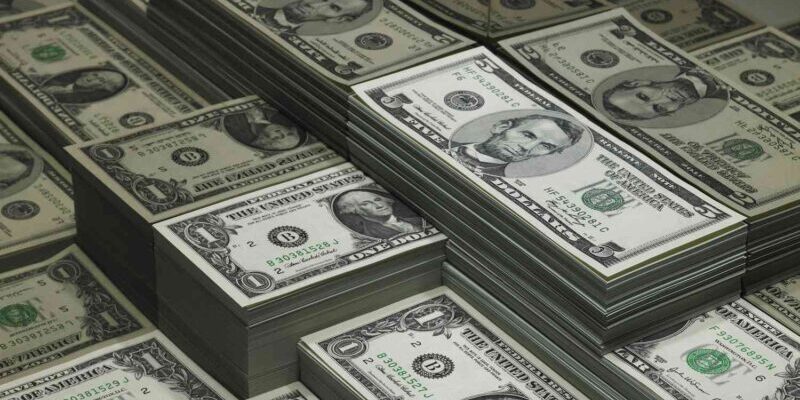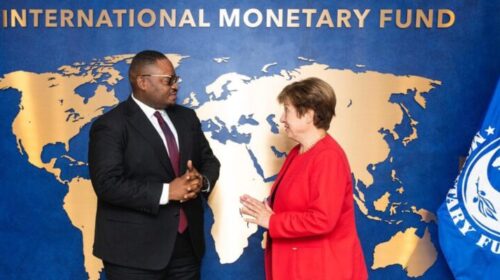Brics bank strives to reduce reliance on the dollar
The development bank set up by the Brics nations plans to begin lending in the South African and Brazilian currencies as part of a plan to reduce reliance on the dollar and promote a more multipolar international financial system, according to its president.
Dilma Rousseff, the former Brazilian leader who heads the New Development Bank, also said the Shanghai-based lender was considering applications for membership from about 15 countries and was likely to approve the admission of four or five. She declined to name the countries but said it was a priority for the NDB to diversify its geographic representation.
“We expect to lend between $8bn-$10bn this year,” Rousseff told the Financial Times in an interview. “Our aim is to reach about 30 per cent of everything we lend . . . in local currency.” She said the NDB would issue debt in rand for lending in South Africa and do “the same thing in Brazil with the real. We’re going to try to either do a currency swap or issue debt.
And also in rupees.” The bank already lends in renminbi. The expansion of lending in local currency supports a wider objective agreed by the Brics nations of encouraging the use of alternatives to the dollar in trade and financial transactions.
The Brics nations — Brazil, Russia, India, China and South Africa — set up the NDB in 2015 as an alternative to US-dominated financial institutions such as the IMF and World Bank.
The NDB has lent $33bn for infrastructure and sustainable development projects and has incorporated non-Brics nations Egypt, Bangladesh and the United Arab Emirates as additional members, with Uruguay in the final stages of admission.
Rousseff said lending in local currency would allow borrowers in member countries to avoid exchange rate risk and variations in US interest rates. “Local currencies are not alternatives to the dollar,” she said.
“They’re alternatives to a system. So far the system has been unipolar . . . it’s going to be substituted by a more multipolar system.” The Brics bank has also tried to distinguish itself from the World Bank and IMF by not setting lists of political conditions on loans. “We repudiate any kind of conditionality,” Rousseff said.
“Often a loan is given upon the condition that certain policies are carried out. We don’t do that. We respect the policies of each country.
” Despite its intention to offer an alternative to the US-based financial order, the NDB has been forced to suspend all operations in member country Russia to avoid being sanctioned and cut off from the international financial system. “You can’t deny that [the international financial system] exists,” Rousseff admitted. “You have to live with it.”
SOUREC:ft.com
![]()





